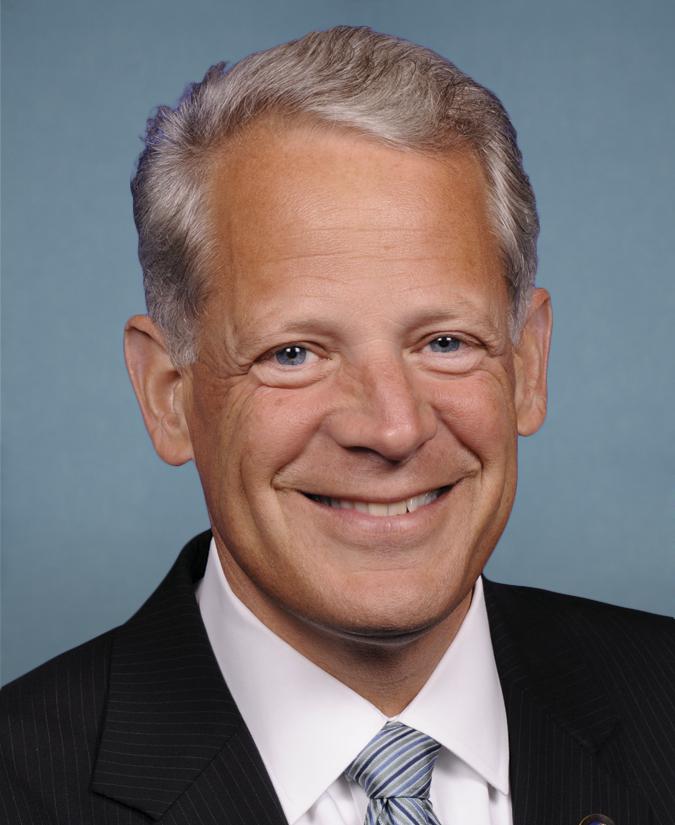| Congressman Tim Ryan (photo courtesy of timryan.house.gov) |
By Matt Poe
U.S. Congressman Tim Ryan (D) of the 13th District of Ohio was unable to be reached for comment on House Resolution 4443. The resolution, more commonly referred to as the "STOP Act" was proposed by Rep. David Jolly (R) of Florida's 13th District as a resolution to prohibit elected members of Congress from directly soliciting campaign contributions for finance and reelection.
"Americans wonder why we haven't defeated ISIS, secured our border, provided health care for veterans, or balanced our budget," Jolly states on the STOP Act's homepage.
"Here's why. Too many people in Washington are more focused on raising money than doing the job you elected them to do," Jolly said.
The bill was introduced in the House on February 3, 2016 and amends the Federal Election Campaign Act of 1971 to prohibit an individual holding federal office from soliciting funds directly from any person: (1) for or on behalf of any political committee, or (2) for or on the behalf of any person for use for federal election activity, according to the details of the resolution. The latest action taken by sponsors and cosponsors of the bill was "sponsor introductory marks on measure," according to congress.gov.
 |
| Congressman Steve Israel (photo courtesy of congress.gov) |
Congressman Steve Israel (D) of New York's 3rd District penned an op-ed in The New York Times in January 2016, detailing the revelations of how much time elected officials can spend asking for contributions.
"Since then, I've spent roughly 4,200 hours in call time, attended more than 1,600 fundraiser just for my own campaign and raised nearly $20 million in increments of $1,000, $2,500 and $5,000 per election cycle," Israel told The New York Times.
"And things have only become worse in the five years since the Supreme Court's Citizens United decision, which ignited an explosion of money in politics by ruling that the government may not ban political spending by corporations in elections," Israel said.
 |
| A graphic from thestopact.com depicting a schedule distributed by the Democratic Congressional Campaign Committee (DCCC). |
For more information on the STOP Act, visit http://www.thestopact.com/
| Matt Poe (photo courtesy of KentWired.com) |
Elected officials often get into politics for the right reasons. On a local level, it can be much easier for officials to represent their constituents in a manner in which both sides can mutually benefit. However, often times when officials finally make it to Washington, D.C., they become so entrenched in the bids for reelection, amongst other things, that they forget the reason they were elected in the first place: to serve the people. To spend this much time a day asking for money is outrageous and shows why the legislative process is so slow. Representatives need to help solve problems for constituents, not ask for their money.
No comments:
Post a Comment